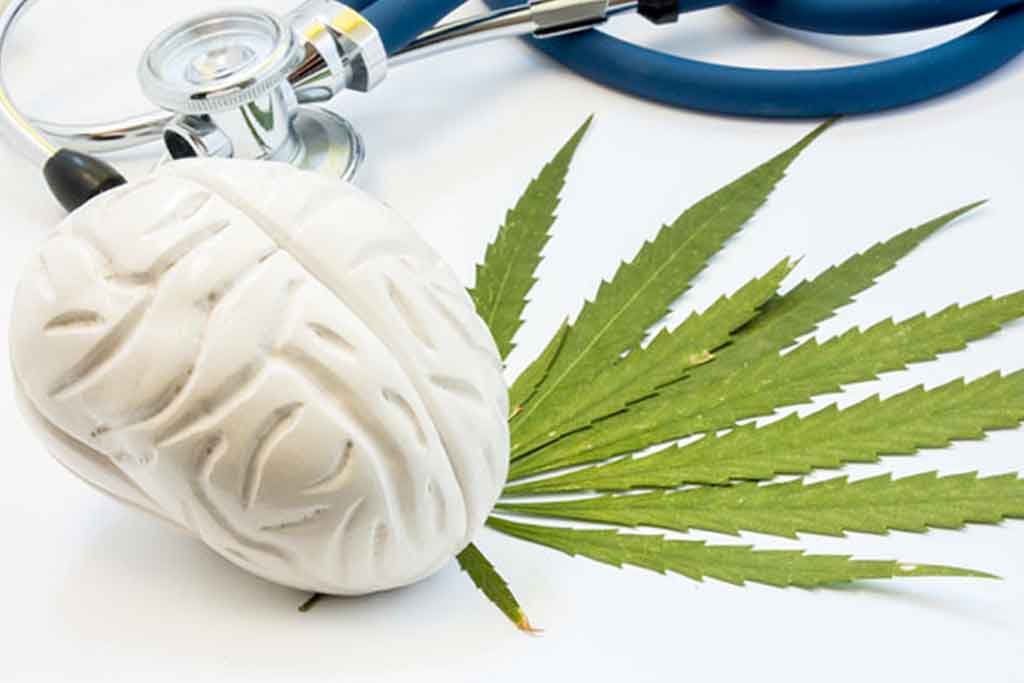

Cannabis, particularly when used heavily and over extended periods, can have significant impacts on various aspects of an individual’s life. The gaps it can create in a person’s life are multifaceted and can affect their emotional, social, professional, and cognitive well-being. These gaps or disruptions are not just limited to physical health but extend to mental health, social functioning, and overall life satisfaction. Below are the key areas where cannabis use, especially when it becomes chronic, can create gaps in an individual’s life.
Cannabis affects the brain’s cognitive functions, which can create gaps in an individual’s ability to think clearly, concentrate, and make decisions. This is particularly evident in those who begin using cannabis at an early age, as their brains are still developing.
While cannabis may offer temporary relief from stress, anxiety, or depression, prolonged or heavy use can contribute to the onset or exacerbation of mental health issues, leading to emotional and psychological gaps in a person’s life.
Cannabis use, particularly when it is excessive, can create significant gaps in an individual’s social relationships, activities, and ability to engage with others.
Cannabis use can create significant gaps in an individual’s professional life and financial well-being, particularly when use is heavy and ongoing.
While cannabis may offer certain physical benefits in medical contexts, heavy use can create gaps in an individual’s physical health and well-being.
Cannabis use, especially when it becomes chronic, can impede personal growth and self-actualization.
Cannabis, on the long term, can disrupt personal hygiene practices in several ways. As cannabis consumption becomes a focal point of a person’s life, their attention to basic self-care routines may diminish, leading to hygiene-related issues.
One of the more subtle but significant impacts of heavy cannabis use is its potential to reduce motivation and energy levels. Cannabis can induce feelings of lethargy, apathy, or lack of drive, which often extends to personal grooming habits. For individuals who use cannabis regularly, tasks like showering, brushing teeth, doing laundry, or changing clothes may feel overwhelming or unimportant. This is especially true in cases where cannabis leads to a mental state known as “amotivational syndrome,” where the individual experiences a reduction in the desire to pursue everyday activities that are typically considered essential for maintaining personal hygiene.
Cannabis use, particularly smoking, can have direct implications on oral hygiene. Smoking cannabis can dry out the mouth, leading to a condition called cottonmouth (xerostomia). When saliva production decreases, it can lead to dry mouth, which increases the risk of cavities, gum disease, and bad breath. Additionally, cannabis use can lead to a buildup of plaque and bacteria in the mouth, which, when not managed properly, contributes to poor oral hygiene.
Regular cannabis users may also be less likely to maintain good oral care habits, such as brushing and flossing. This neglect of dental hygiene can lead to further oral health issues, including tooth decay, gum infections, and chronic bad breath. Over time, these problems can not only affect a person’s physical health but can also create social gaps, as people may be self-conscious about their appearance or the smell of their breath.
As cannabis use becomes more entrenched in daily life, users may prioritize their cannabis consumption over other aspects of their daily routine, including grooming. This neglect may lead to physical signs of poor hygiene such as unkempt hair, dirty clothes, body odor, or an overall disheveled appearance. Since cannabis can impair short-term memory and cognitive function, individuals may forget to carry out personal hygiene tasks or lose interest in activities like haircuts, shaving, or keeping their environment tidy.
In cases of heavy cannabis use, some individuals may stop caring about their personal appearance altogether. This lack of attention to grooming can contribute to feelings of isolation or embarrassment, particularly in social or professional settings. The individual may feel disconnected from the standards of cleanliness or self-care that others follow, contributing to a sense of alienation.
Cannabis can also have an impact on skin health, which can affect a person’s overall appearance and hygiene. One of the most notable effects of cannabis on the skin is the potential for acne. The active compounds in cannabis, particularly THC, can increase the production of sebum, an oily substance produced by skin glands. An excess of sebum can clog pores, leading to acne outbreaks. In addition to acne, cannabis use can lead to other skin issues, including redness, irritation, or dryness.
In some cases, individuals may ignore or fail to address these skin problems, either due to the lack of motivation caused by heavy cannabis use or because they are unaware of the connection between cannabis and skin health. This neglect of skincare can result in long-term skin damage, exacerbating the gaps in self-care and personal hygiene.
For individuals who are deeply entrenched in cannabis culture, there may be lifestyle factors that contribute to poor hygiene. For example, the environment in which cannabis is consumed—whether in a smoke-filled room or a public space where cannabis use is prevalent—can contribute to an overall lack of cleanliness. Smoke particles, residual odors, and the overall untidy nature of spaces associated with cannabis consumption can increase the risk of poor hygiene.
Additionally, heavy cannabis use may influence the types of foods and drinks consumed. Individuals who regularly consume cannabis may engage in unhealthy eating habits, which can have indirect effects on personal hygiene. Junk food, sugary snacks, or dehydration due to cannabis use can contribute to skin problems, bad breath, and overall neglect of health and hygiene routines.
Another indirect way cannabis use can affect personal hygiene is by disrupting sleep patterns. While cannabis is often used to aid sleep, chronic use can lead to disturbed or unrefreshing sleep, particularly if the body becomes tolerant to the substance. Poor quality sleep can result in tiredness, which further reduces motivation to engage in basic hygiene practices.
Lack of sufficient rest can also affect energy levels, making it more challenging to maintain proper hygiene routines. When a person is fatigued or sleep-deprived, they may prioritize rest over grooming or other self-care activities, creating a cycle of neglect that can lead to gaps in personal hygiene.
Conclusion:
Heavy cannabis use can create significant gaps in an individual’s life, affecting cognitive abilities, emotional health, social relationships, professional success, physical well-being, and personal growth. The consequences of these gaps can be far-reaching, impacting not just the individual but also their relationships, career, and overall quality of life. While cannabis may offer short-term relief or escape from life’s challenges, its long-term effects, especially when used excessively, can create enduring gaps that hinder an individual’s ability to lead a fulfilling, balanced life. It is important for individuals to consider the potential consequences of heavy cannabis use and seek help if they feel that their consumption is negatively affecting their well-being.
While cannabis use can offer certain short-term benefits, especially for medical purposes, its long-term use, especially in excess, can create significant gaps in personal hygiene. Whether through lack of motivation for basic grooming, neglect of oral and skin health, or poor lifestyle choices, cannabis use can affect an individual’s physical appearance, self-care routines, and overall cleanliness. These hygiene gaps not only impact an individual’s physical health but can contribute to social isolation and personal dissatisfaction.
Maintaining good hygiene is a key aspect of overall health and well-being, and individuals who use cannabis heavily should be aware of its potential impact on their hygiene habits. By recognizing the risks and seeking support when needed, users can minimize the impact cannabis may have on their personal care routines, helping them lead a more balanced and healthy life.
